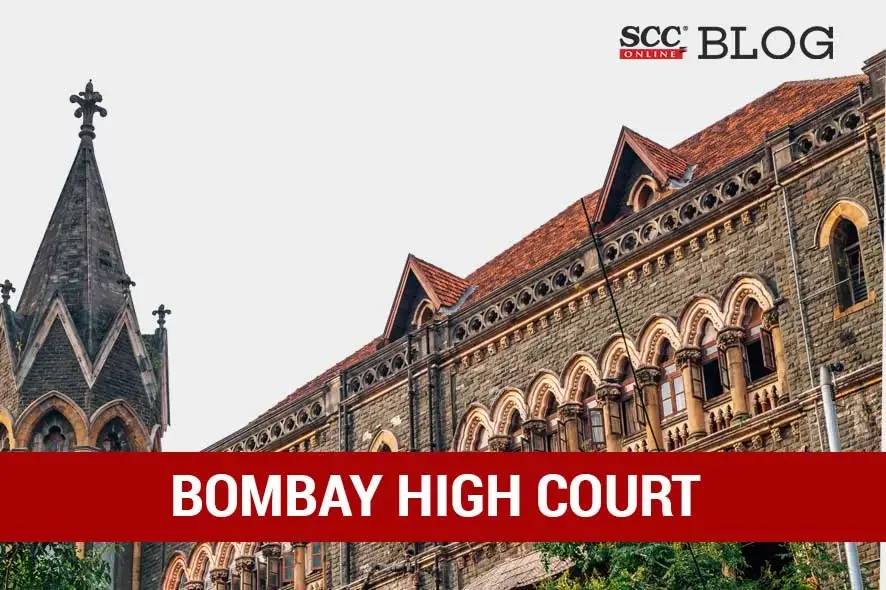Bombay High Court: In a petition seeking urgent relief to unseal the petitioner’s office premises while challenging the authority and jurisdiction of the Assistant Commissioner of Customs to seal the said premises while exercising powers under Section 105 of the Customs Act, 1962 (‘Customs Act’) without any notice, the Division Bench of G.S. Kulkarni* and Jitendra Jain, JJ. directed the Customs authorities to unseal the premises and search for the relevant material in the presence of petitioner’s representatives.
Facts
It was submitted that the Customs officials purported to undertake investigation of transactions related to goods sold by S.T. Electricals, a principal importer/supplier, and proceedings were moved for a hearing before Rajasthan High Court. It was contended that the petitioner did not directly purchased goods from S.T. Electricals but had no grievance against the Custom officials searching their office premises confining the same to documents regarding trail of transactions of goods sold by S.T. Electricals. It was clarified that S.T Electricals supplied the goods to one who sold them to other enterprises from whom the petitioner purchased the goods. It was further contended that it cannot be a fishing search, but a specific search confined to those transactions related to S.T. Electricals and not in totality.
Court’s take on Power to search under Section 105 of Customs Act
The Court opined that the power to search cannot mean a power to seal, further adding that power to seal the premises was a drastic power which cannot be exercised unless expressly conferred by law.
The Court relied on R.S. Gopikrishan Agarwal v. R.N. Sen, (1967) 2 SCR 340 wherein the Supreme Court interpretated Section 105 of Customs Act and observed that “its object is to make search for the goods liable to be confiscated or the documents secreted in any place which are relevant to any proceeding under the Act.”, confined to search of the two heads mentioned herein above. The Court opined that the Custom authorities did not have an explicit power under Section 105 of Customs Act to seal the petitioner’s or anyone else’s premises.
The Court expressed that sealing of premises is a drastic action which leads to tinkering with the substantive right to hold, use or occupy immovable property, which may be used for business purposes of otherwise, and sealing such premises would have a direct bearing and effect on such rights guaranteed by Article 300-A of Constitution of India. It further added that “Once the sealing of the premises is of business premises, it would adversely affect the right to carry on business which is a fundamental right as guaranteed under Section 19(1)(g) of the Constitution.” The Court opined the same to be the reasons that the legislature kept out or did not include the power to seal within the purview of Section 105 of Customs Act but confined the same only to searching the premises.
The Court perused the instant facts and observed that it was not a case wherein the petitioner’s premises were unavailable for search, but the Custom authorities straightaway resorted to the drastic action of sealing the petitioner’s premises for the purpose of search, which is impermissible under the provisions of Section 105 of Customs Act.
The Court directed the Custom authorities to unseal the petitioner’s office premises in the presence of petitioner’s representatives allowing the Customs authorities to undertake search for only relevant material on 26-07-2023 at 10:30 am. The Court also directed the petitioner to co-operate in all respects.
[Narayan Power Solutions v. Union of India, 2023 SCC OnLine Bom 1499, decided on 25-07-2023]
Judgment by: Justice G.S. Kulkarni
Advocates who appeared in this case :
For Petitioner: Advocate Dr. Sujay Kantawala, Advocate Anupam Dighe, Advocate Chandni Tanna, Advocate Prathamesh Chavan;
For Respondents: Advocate Vijay Kantharia, Advocate Ram Ochani.








